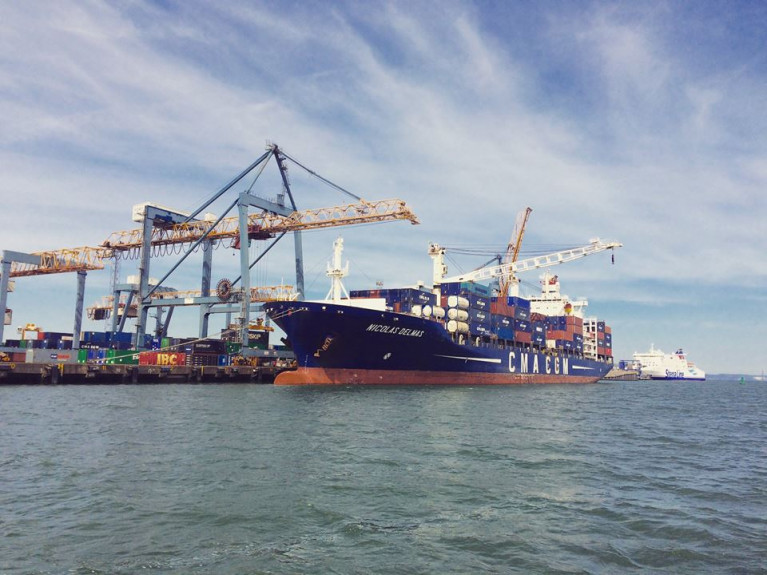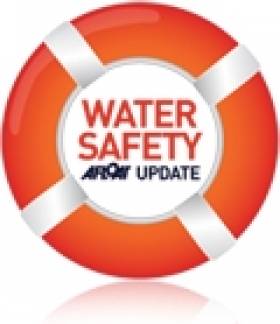Displaying items by tag: legal action
Legal action has resumed by the EU against the UK following the publication of the bill that would overturn the Northern Ireland Protocol.
A senior EU official has warned that the UK could be brought before the European Court of Justice within two months over unilateral action that London took last year.
The commission has also announced fresh legal action over the alleged failure of the UK to build and staff border control posts at Northern Ireland ports and an alleged failure by the UK to provide real time data on the movement of goods between Great Britain and Northern Ireland.
The European Commission has also revealed what it calls large scale attempted smuggling of goods into the single market via Northern Ireland.
For further reading RTE News reports.
Family Considers Legal Action Over Kayak Trip Victim
The Irish Independent reports that the family of a man who drowned with a friend on a kayaking trip are considering legal action over the lack of warning signs at the weir where they lost their lives.
Accident investigators have classed the weir at Portlaw on the Clodagh in north Waterford, where Philip Kelly (31) and Connie Smith (31) drowned, as "dangerous and unnavigable" for kayaks and canoes.
Investigators from the Marine Casualty Investigations Board also found that vital lifesaving equipment at the weir, which had been vandalised, was not replaced.
"We feel if signs had been in place that day, warning them how dangerous it was, they would be with us today," Kelly's brother Paddy told the Irish Independent. "We are discussing taking legal action."
The Irish Independent has more on the story HERE.






























































